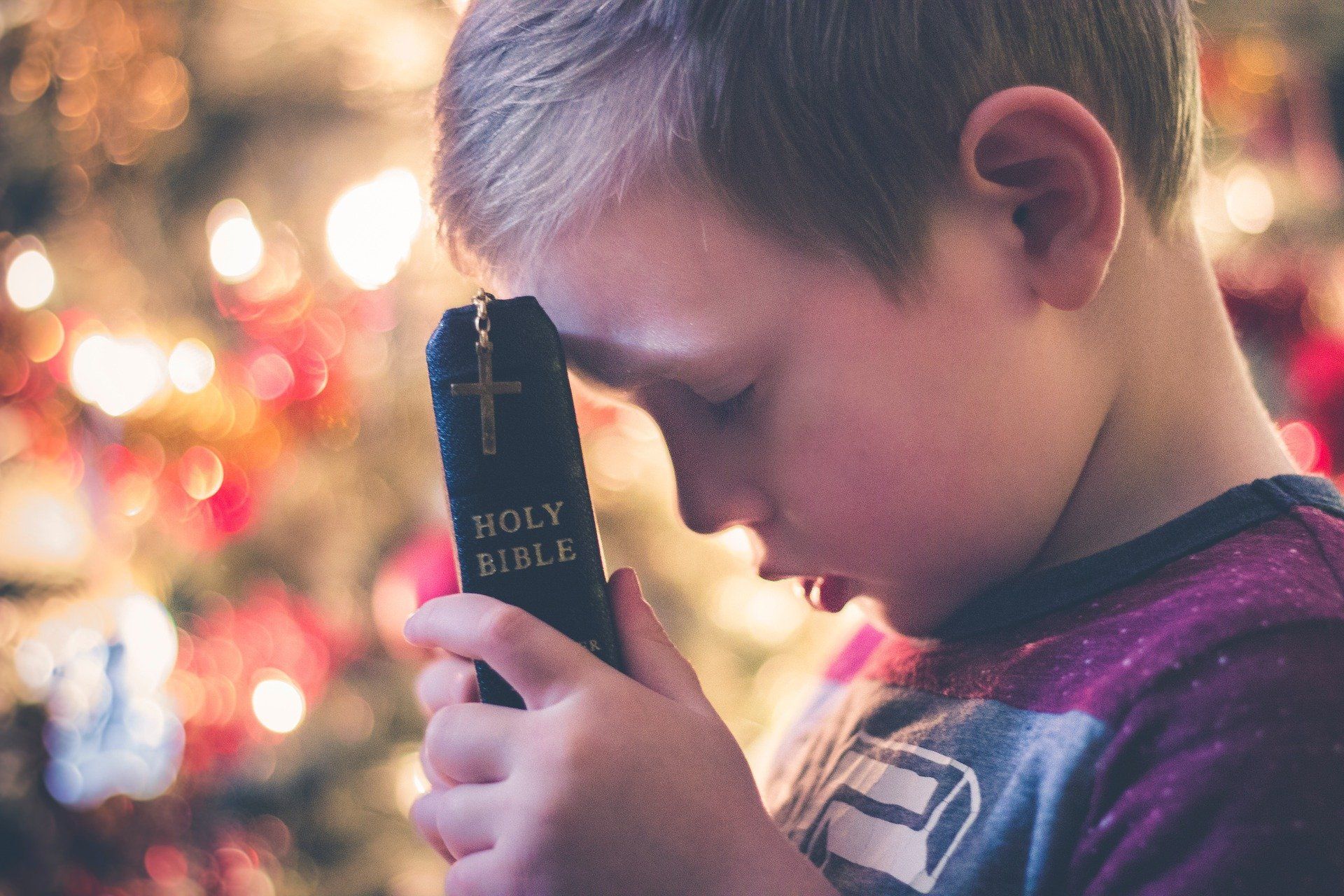Defining Holiness, Part 1
[This is my first post of three in my “Vintage Wednesday” series on “Defining Holiness,” re-written/updated from a blogpost back in March of 2011.]
Have you ever been horror stricken by video footage or images of tragic events taking place in our world? Crumbling buildings, tidal waves driven by unseen forces boiling over the countryside destroying everything in its path, fires raging out of control, explosions reducing cities to rubble in the midst of war, starving children...and the list goes on and on.
In a world of instant news coverage, these powerful images have the potential to numb and terrorize. Some folks simply turn it all off, grateful they're alive in their part of the world. For them, ignorance is bliss. The safety zone beckons; maintaining one's culture apart from outside interference is easier and certainly lessens any guilt one might feel for not getting involved. It's also less messy. Not unlike some Christians with a mistaken belief about holiness.
I was once asked by a certain group to submit my perspective on holiness. It was an interesting endeavor. I reflected on various “environments of holiness” I had either been subjected to or had observed throughout my life. Many were well intentioned but also quite limited. The religious tradition I grew up in, for example, focused largely on outward appearance. There was a self-directed righteousness that dealt primarily with externals instead of an internal passion for God and His purposes in a broken world. Holiness was something I did to make sure God wouldn't send me to hell. I focused on maintaining at least a minimum standard of holiness in order to ensure that God would give me heaven in return for my personal piety.
But holiness is multifaceted, definitive of God and his people, and certainly much broader in its scope of practical application. In the Hebrew context it connoted dedication or devotion to a particular purpose. Anything that comes between us and God (“idolatry”) is unholy since it robs us of our wholehearted devotion to God. In the Greek context, “separation” is emphasized with connection to the idea of “God-likeness”.
Next week I'll dive deeper into this latter definition, but for now—what is it that comes between you and God, making you unholy? To whom or what are you dedicated or devoted to—some type of idol perhaps, that robs your affection of God?















